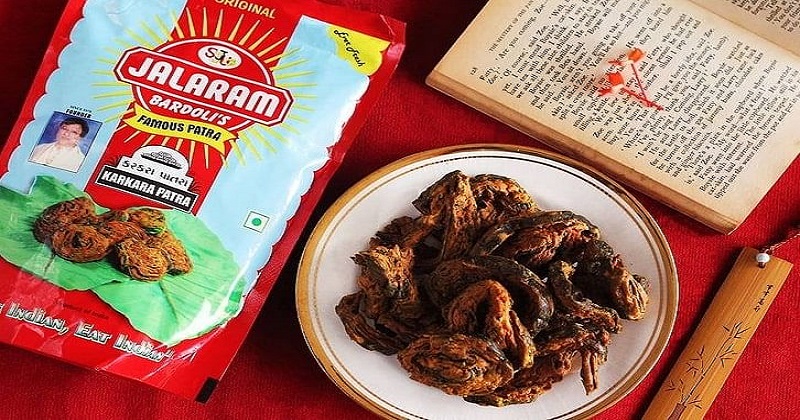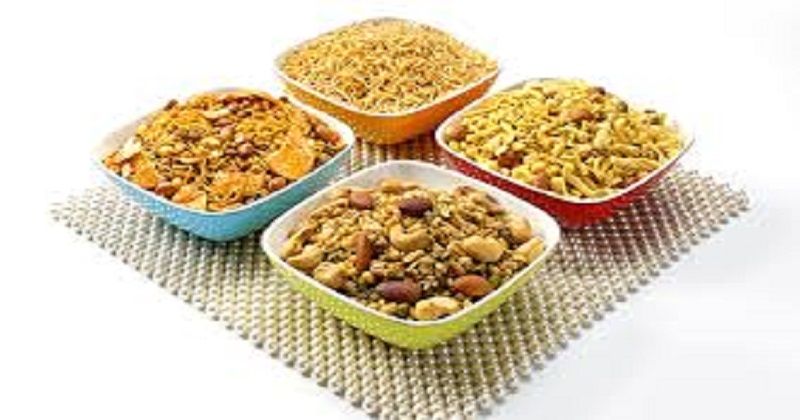
The State Plate – a wish presented for every Indian craving for regional food during the lockdown, functioning miles away from their hometown, or simply longing their ‘maa ke hath ka khana’. It is a remarkable e-commerce platform on an assignment to deal with high-quality, authentic products from states across India, striving to tap the deep-rooted web of dealers and homemakers contended in preparing authentic regional food products, marking the incredible food diversity that our country has to deliver!
From Gujarat’s lip-smacking Induben khakhras to Bengaluru’s Subbama’s nippattu, Rajasthan’s Chechnya, West Bengal’s kasundi, and Kerala’s kuzhalappam, TSP has linked up with nostalgia-instigating regional brands and dealers to supply their clients with an assortment of edibles from their home states. The business has also connected up with home chefs, who make items like Gunda ka achaar, puchka aloo masala, coconut barfis, and chaklis, among a host of other munchies.

The finest feature is that all 500 products, which vary from snacks to sweets, spices, staples, pickles, and chutneys, are supplied across the nation. The start-up was the outcome of the COVID-19 pandemic. Bengaluru-based Muskan and Kolkata-based Raghav went home in March this year and appeared for their final exams online. Like most of their counterparts at the Shri Ram College of Commerce, Delhi, the team had confirmed jobs through placements and had objectives in place functioning in big corporate formats, and then choosing for an MBA course.
“It was the day we ran out of traditional Rajasthani papads,” Muskan remembers, in a discussion with The Better India, stating, “We had no way to get it from the state, due to levied covid-19 restrictions. Living as Marwaris, our meals are insufficient without papad. After great hardship, we managed to locate a shop in Bengaluru, but the delivery charge was more increased than the cost of the product. The experience flared a concept.”

Muskan discussed this concept with Raghav, and the two analyzed the pros and cons of forming a business amid the lockdown. They had considered over a few business concepts before, but this one was apparently the most viable. They studied by observing their friends and understandings and discovered that this market was unorganized, owing to the scarcity of need. Since the concept catered to all age groups, seeing customers wouldn’t be difficult. Besides, the initial money investment would not be increased(they started with Rs 5,000) and the timing of the venture could not be more ideal.
Actually, the purpose was to use the lockdown period persuasively to understand business management skills. But little did they anticipate a constant transition rate of customers, which would ultimately drive them to rise movements. The first version of the website was designed by Muskan and Raghav, and they pitched their business in Bengaluru as a pilot project. They sold the venture on social media and through word of mouth.“For the first two months, we kept all the food at Muskan’s place, and she supplied it to customers. We tried all unbranded products before detailing them on our website, a pattern we follow even now. As soon as we crossed 100 products, I shifted to Bengaluru and we determined to extend across India and obtain dealers from different states on board,” Raghav says.

From finding trusted brands, local vendors and home chefs was a tiresome procedure, reaching them to come on board was an even larger challenge. While both Muskan and Raghav had indicated that their business would take a drop due to the economic slowdown, ensuring the dealers of an advantageouspartnership was not easy. So they chose to not uphold a high-profit margin and created certain their products were sold only at MRP. They set a fixed percentage of sales.
The products are either sourced straight from the brands, or via established vendors. If the customer wants to order numerous items from different states, he will not have to spend as many delivery charges. Moreover, all samples are tried by them and their friends to confirm that the products are of quality, and if the feedback is negative, the item is removed.
“The founders take the quality of their food items very seriously,” says Indira, a Bengaluru-based home chef who has detailed her food on TSP’s website. She said, “My friends and I were already operating a home-food business when we came across this venture a few months ago. We desired to raise our business. Before they obtained our food, they sampled our products comprehensively. We saw their commitment as amazing, and now deal 17 of our items via their platform. We don’t even have to deal with our business anymore.”
While Indira, a home chef resigned from her teaching career, her friends lost their jobs right before the lockdown was levied. To earn an income source, they started marketing regional dishes like shankarpali, merhi kodubale, and dry fruit laddoos. Like Indira, many home chefs are cheerfully selling their commodities on the website. Even the pace with which the number of clients is extending every month tells a success story. Since its beginning, TSP has supplied over a thousand customers, and today, the team includes 10 people.
Are you desiring one of your favorite snacks? Click here to check out their products.

Post Your Comments